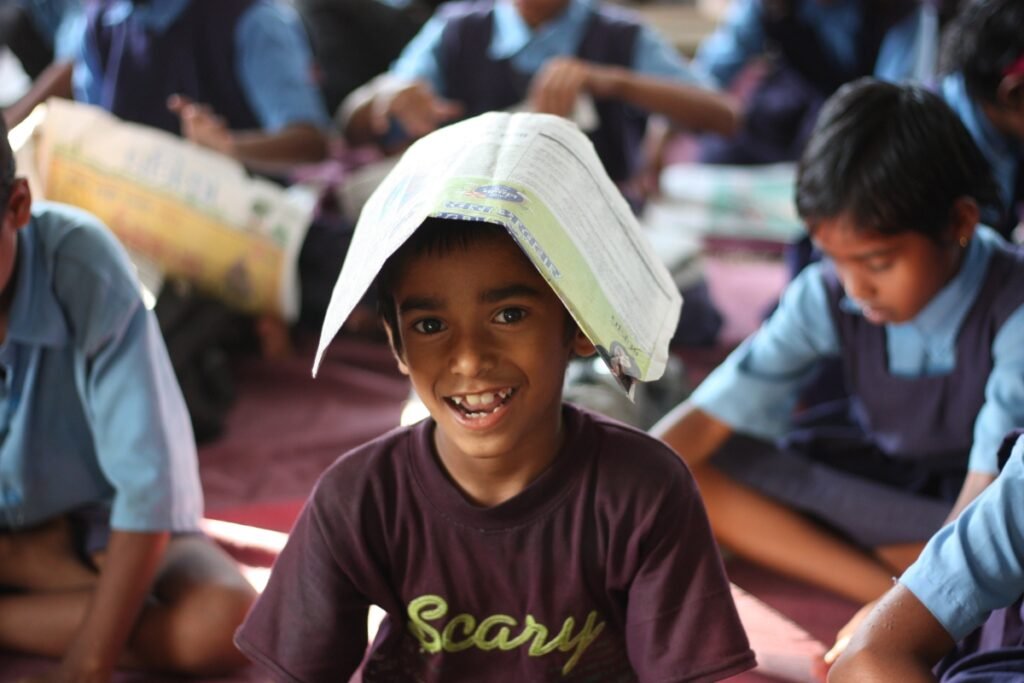In the pursuit of creating a more equitable world, Non-Governmental Organisations (NGOs) emerge as powerful catalysts for change, particularly in the realm of education for the underprivileged. Discover the transformative impact of NGOs in breaking down barriers and fostering educational opportunities.
1. Bridging Educational Gaps :
NGOs play a pivotal role in bridging educational disparities, ensuring that underprivileged communities have access to quality learning resources and opportunities.
2. Access to Quality Education :
By establishing schools, providing scholarships and offering educational resources, NGOs empower underprivileged students with access to quality education, unlocking doors to a brighter future.
3. Adult Literacy Programs :
NGOs extend their impact beyond traditional schooling by initiating adult literacy programs, empowering individuals in underprivileged communities with essential skills for personal and economic growth.
4. Technology for Learning :
Leveraging technology, NGOs introduce innovative learning methods and online resources to underprivileged students, expanding their educational horizons and preparing them for the digital age.
5. Vocational Training Initiatives :
Recognising the importance of practical skills, NGOs implement vocational training programs, equipping underprivileged individuals with the tools they need for sustainable employment and economic independence.
6. Scholarships and Financial Aid :
NGOs administer scholarships and financial aid programs, alleviating the financial burden on underprivileged families and ensuring that talented students can pursue higher education without hindrance.
7. Community Engagement in Education :
Through community engagement initiatives, NGOs involve parents, local leaders and community members in the educational process, fostering a collaborative environment that supports holistic development.
8. Girls’ Education & Empowerment :
NGOs prioritise girls’ education, recognising its transformative impact on communities. By addressing gender-based barriers, they empower young girls, breaking the cycle of poverty and fostering gender equality.
9. Inclusive Education for Special Needs :
– Emphasising inclusive education, NGOs work towards creating learning environments that accommodate children with special needs, ensuring that every child, regardless of ability, has access to education.
10. Advocacy for Educational Policies :
NGOs advocate for policies that promote educational equity and inclusivity, actively participating in shaping a conducive environment for underprivileged students to thrive.
In Conclusion :
NGOs stand as beacons of hope, unlocking the doors of education for the underprivileged. As we celebrate their tireless efforts, supporting these organisations becomes paramount for creating a world where every individual has the opportunity to learn, grow and contribute to society.
Embark on a journey of empowerment: Explore how Avant Welfare Foundation shapes the future through impactful education initiatives for the underprivileged.

